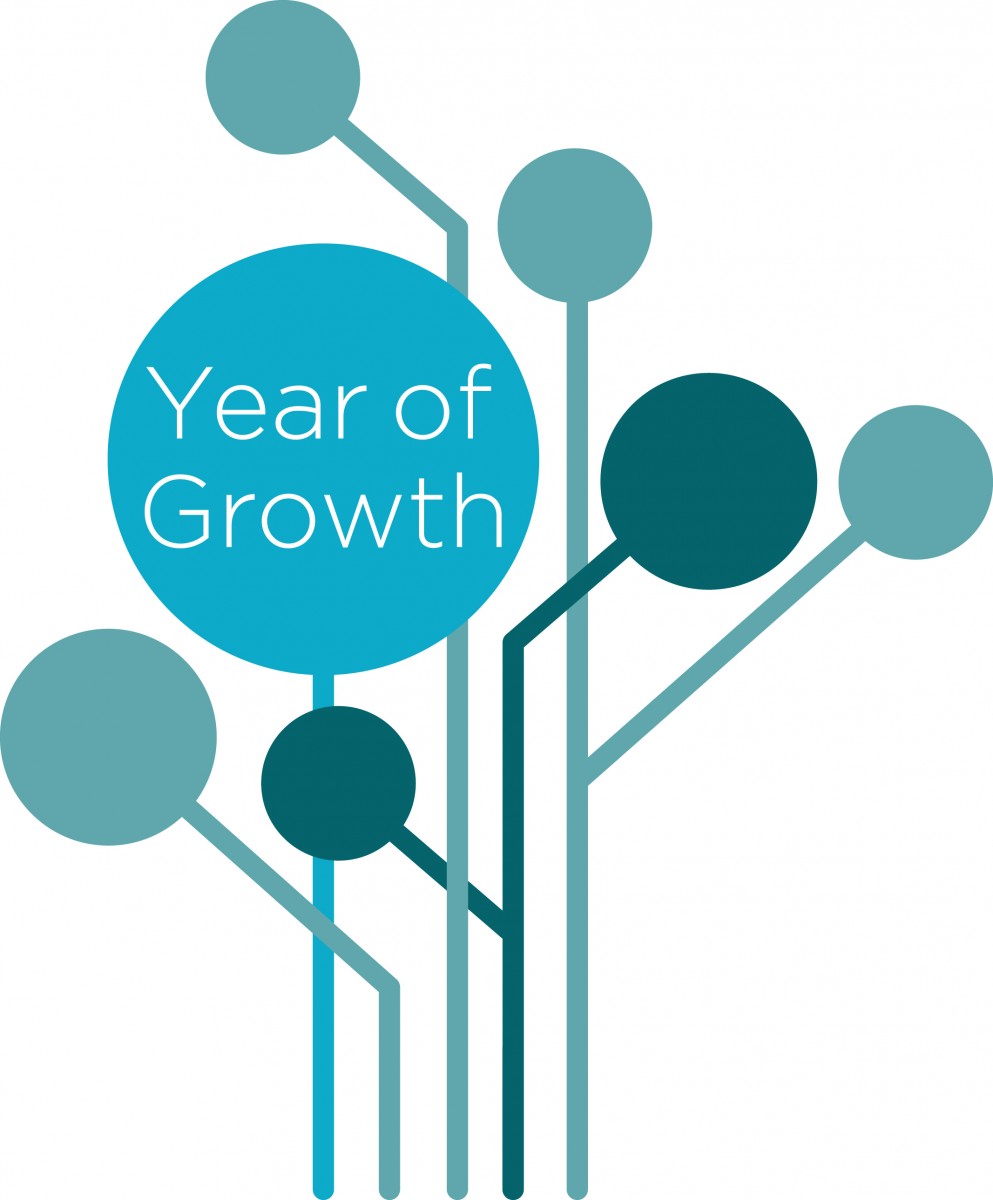Organisations need to forget out-dated notions of sustainability as an ‘add on’ that impresses the outside world but creates unwanted cost and slows down progress. Instead they need to see it as a catalyst for radical business performance enhancement, new products and services and a sharper commercial edge.
Broadly speaking, companies around the world pursue sustainability to seek efficiencies in their operations, expand markets by developing new products or services, or to protect and enhance their brands. These are all strategies that deliver growth, incrementally or disruptively depending on the extent the organisation embraces sustainability in their business. But deep transformation, going beyond just paying lip service to the sustainability agenda to embracing fully it as a solution to many of the challenges and pressures facing organisations, appears to require a giant leap of faith from business leaders.
Yet some of the best-performing companies have made that transition. By adopting a very different approach to sustainability they have been gained a competitive edge. They have developed a strong culture and a leadership style to drive sustainability throughout the organisation and its supply chain, delivering more powerful innovation and collaboration, effectively taking the business up a gear.
Sustainability pushes us out of our comfort zone, requiring critical self-analysis and integrated thinking. It challenges the status quo and requires future scenario planning. Driving sustainability to strengthen a business for growth can involve difficult decision-making, not always based on evidence but often on gut-instinct. Visionary leadership is needed at the top of the organisation to empower new thinking from the individuals within it.
These are the five key steps to be followed for transforming a business to embrace sustainability for growth:
1 Scrutinise why you do things, not just what and how.
Be clear what your core values are and be consistent in all you do, right through your supply chain. This contributes a level of integrity that makes your services or products more desirable to customers, helps you attract and retain talent, encourages the best suppliers to work with you, improves efficiency and reduces cost. Ultimately it increases your market share because people will like what you do.
2. Set audacious goals.
Companies that have used sustainability to achieve the most dramatic business improvements are those that have shaken free of ‘current’ thinking and set radical goals. Instead of asking “what do we think we can achieve?”, they ask “what would we like to achieve?” They then create simple, transparent performance measurement, incentivise dramatic outperformance, and share risk fairly across the organisation to encourage innovation.
3. Challenge your supply chain.
Sustainability isn’t a top-down thing. Every product or service supplier is an ‘R&D centre’ and a potential innovator that can add efficiency. Specify the outcomes you want to achieve, not processes you want to follow or the details you expect in your design. Set ambitious goals, then empower your supply chain to pursue them, providing rewards for doing so. The aim is to integrate your supply chain with your business strategy and delivery model. Occasionally value is gained in spectacular leaps, but small incremental innovations are equally important in changing the game.
4. Integrate sustainability into business strategy and execution.
Sustainability is all about integrated thinking – opportunities, interconnections, risks, solutions, impacts. It improves efficiency, productivity and value. It supports and enhances the governance systems most companies already have in place. The organisations that have used it to strengthen their businesses have aligned their values, mission and goals with sustainability.
5. Use sustainability to enhance your market credibility.
Investors are looking for transparency and responsibility in the way companies are managed. Sustainability is an indicator of good stewardship. Companies that score highly for sustainability outperform those that score low – they achieve better growth and profitability – and can borrow capital on better terms. Sustainability is therefore something that every chief financial officer should embrace.
 Written by Davide Stronati, Global Head of Sustainability at the management, engineering and development consultancy Mott MacDonald, as part of the MCA Year of Growth.
Written by Davide Stronati, Global Head of Sustainability at the management, engineering and development consultancy Mott MacDonald, as part of the MCA Year of Growth.

